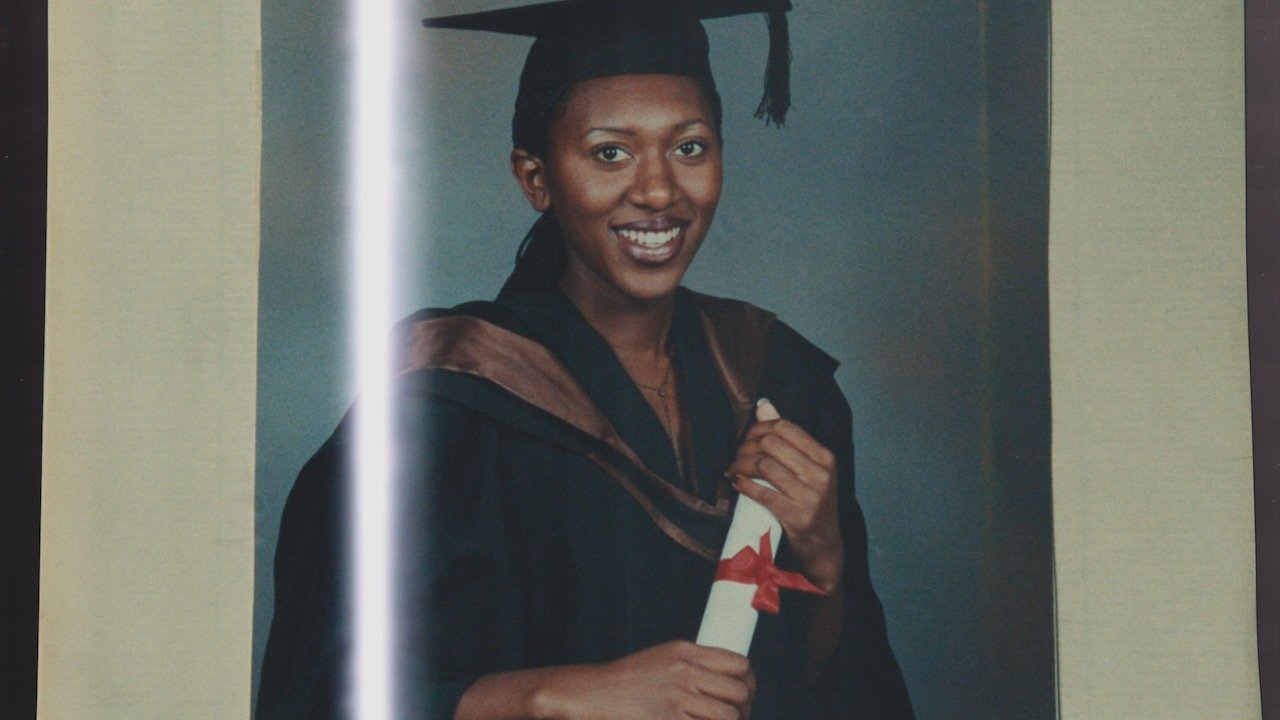The Shadow Scholars
Professor Kingori explores Kenya's essay mills supplying work for students globally. Thousands of educated but underemployed Kenyans earn from this billion-dollar industry undermining education's integrity.
Shadow Scholars, Eloise King
In the past few years, we’ve seen an avalanche-style explosion in the use of artificial intelligence (AI). Embedded into the interface of social media apps, search engines, and digital assistants, its reach is widespread and seems to be constantly growing, and its rise creates a new host of problems. It has quickly reached academia, where students have been using AI chatbots such as Chat GPT to tackle their degrees for them: writing essays, generating codes, and solving complex and difficult questions. But, like anything, this area is quickly evolving. Many students are no longer copying their essay questions and expecting AI chatbots to spit out an answer.
Plagiarism technology, misinformation, and the similarity of phrases across essays has led some to find other avenues to tackle this. This leads us to the work of The Shadow Scholars, professional essay writers in the Global South, writing tirelessly for little wages, on behalf of students at academic institutions in the Global North. Their ghostwriting work predates the widespread advent of AI technology, but a more heightened focus on academic fraud due to recent developments has pushed this hidden world into the light.
This documentary film takes us to Kenya, where an estimated 40’000 people are part of this network. They describe themselves as ‘writers’, taking a pragmatic approach to their role, hustling as an opportunity to pay their bills and work towards a better life. The reasoning for this work is simple. They do it because there is no other work available. And the work isn’t easy. Tight deadlines, huge and complex topics, and meagre pay limits the appeal of this vocation. But as chronic and widespread unemployment continues to bubble in Kenya, for many of their “overqualified and underemployed” workforce, this is the only way they can make a liveable salary. Professor Patricia King - sociologist, education advocate, and the youngest Black person to ever be awarded a full professorship at the University of Oxford - guides us through the human lives behind the underground world.
Notably, the writers’ faces and voices have all been disguised with AI to hide their identity with a “digital veil”, giving them an unsettling glossy shimmer. Their words, experiences, and truths are all there, but there is a barrier that we can never entirely cross. In the film, we spend time with Mercy, whose work as a writer enables her to build a future for her eight-year-old daughter, Angel. Mercy talks about her own adolescent ambitions for Harvard, which she soon had to leave behind once she realised the impenetrability of the glass ceiling. Instead, she drums in the importance of education to her daughter, but the looming question drapes over everything. In a hyper-capitalist society that demeans education for education’s sake and prioritises employment over all, what is the purpose of this education if those qualified are unable to find work?
“In a hyper-capitalist society that demeans education for education’s sake and prioritises employment over all, what is the purpose of this education if those qualified are unable to find work? ”
Contrast and conflict is at the heart of this documentary. Director Eloise King routinely places images of the grand, immaculate architecture of Western universities alongside shots of of daily life in Kenya. It serves as a reminder that these two different worlds have been forcibly separated by violent and sustained forces. Black Kenyan writers put on a digital whiteface for prospective shoppers, knowing that students would trust the quality of their work more if they think it came from an American or European writer. Kenyans are expected to study at institutions in the Global North to be recognised as qualified in their field, whilst watching students at these same institutions gain degrees from their work, their words. As Kingori says, “they want our ideas, they just don’t want us”.
Celebrated Kenyan author and academic Ngugi Wa Thiong’o tracks this misappropriation of credit as being part of a historical continuation of the erasure Black inventors and innovators. He points to those enslaved in the United States, and how credit was given white slave masters for any discoveries, with the Black person remaining unnamed and unidentified. It’s hard to argue with his point. Even King, whose name is stamped front and centre in her research, has suffered plagiarism in the past, and continues to be overlooked for conferences - even when they are using her ideas as part of the structure.
The film never offers a certain solution for the issues it raises. There is the suggestion that shadow writing may become illegal in Kenya, which may be a benefit for academic integrity, but throws up questions on what happens to these workers without this source of income. My (perhaps naive) hope is that one day, they won’t be relegated to the shadows, and can be celebrated as the intelligent, insightful, and diligent writers that they are.
Release Date: October 17th, 2024 (BFI London Film Festival)
Directed by Eloise King
Written by Eloise King
Produced by Steve McQueen
Distributor: Dogwood
Runtime: 118 minutes.

